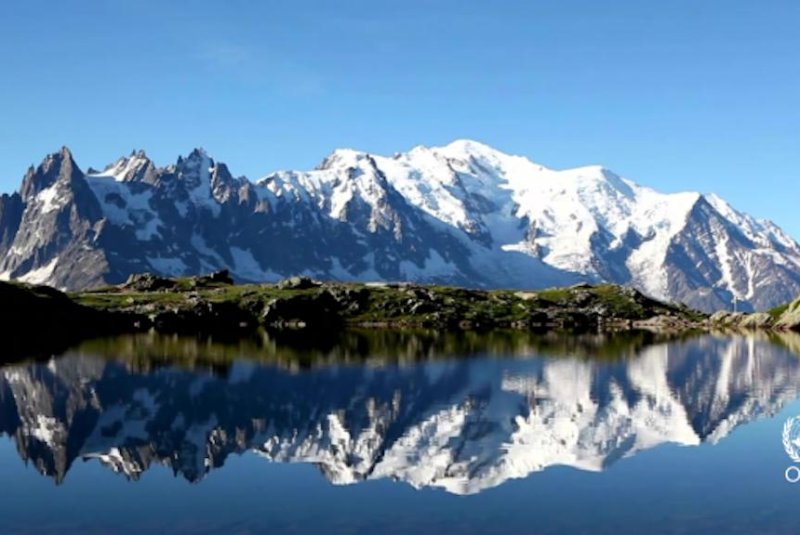The World Meteorological Organization warned of rising temperatures and melting glaciers in its State of the Global Climate 2022 report. Photo courtesy of
World Meteorological Organization
April 21 (UPI) -- Climate change trends continued through 2022, driving food insecurity and mass migration, according to the World Meteorological Organization's State of the Global Climate 2022 report.
The WMO says climate change contributed to displacement in 2022, and exacerbated conditions for the 95 million displaced people throughout the world.
"While greenhouse gas emissions continue to rise and the climate continues to change, populations worldwide continue to be gravely impacted by extreme weather and climate events," the WMO said in a summary of its report.
WMO Secretary-General Petteri Taalas said, "in 2022, continuous drought in East Africa, record-breaking rainfall in Pakistan and record-breaking heatwaves in China and Europe affected tens of millions, drove food insecurity, boosted mass migration and cost billions of dollars in loss and damage."
While Taalas warned of climate-related humanitarian crises, he emphasized successful mitigation strategies.
"Collaboration amongst U.N. agencies has proven to be very effective in addressing humanitarian impacts induced by extreme weather and climate events, especially in reducing associated mortality and economic losses," said Taalas.
The WMO emphasized that climate change is impacting natural cycles such as the blossoming of plants and the migration of birds.
Greenhouse gas levels continued to rise in 2022, after experiencing the biggest jump in recorded history between 2020 and 2021.
Antarctic ice levels dropped to their lowest level in recorded history in 2022, and European glaciers melted at alarming rates, exacerbated by low snowfall levels and dust being blown in from the Sahara, mixing with snow and causing it to melt faster.
The WMO notes that up to one-third of Swiss glacial ice melted away between 2001 and 2022 and that approximately 58% of Earth's ocean surface experienced at least one marine heatwave in 2022.
According to the report, the years between 2015 and 2022 were the eight hottest recorded, even though the El Nino climate system caused cooling.
Throughout 2022, 2.3 billion people faced food insecurity and 924 million faced severe food insecurity.















